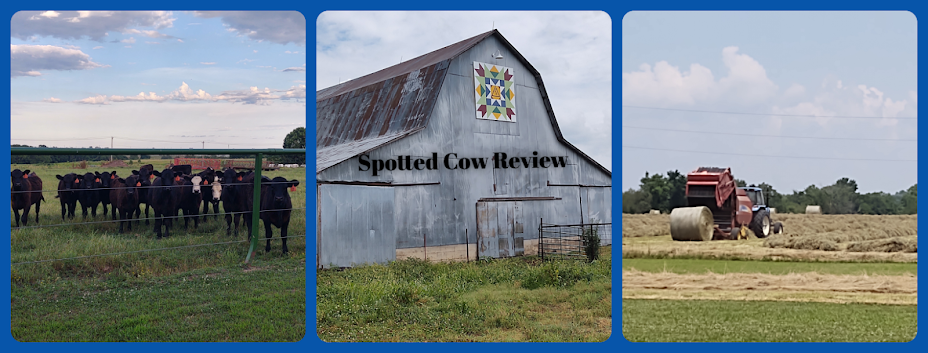During last month's dairy farm tours that I provided to the Northwest Arkansas home school students and their families, I was asked several times if we sold raw milk (unpasteurized milk) from the farm.
The simple answer was NO but it provided me the opportunity to share the facts about the benefits of pasteurization.
As a dairy farmer, mother and a nurse, I'm passionate about the importance pasteurization plays in providing safe milk and dairy products. Since the introduction of pasteurization more than a century ago, it has been recognized around the world as an essential tool for ensuring that milk and dairy foods are safe.
Although many states (including Arkansas) are now allowing the sale of raw milk (unpasteurized milk) it is a violation of federal law to sell raw milk for consumer use across state lines.
Pasteurization has helped provide safe, nutrient rich milk, and cheese for over 100 years and because of pasteurization, less than 1.5 percent of annual food borne illness outbreaks in the United States involve dairy foods.
Here are some proven facts about milk and pasteurization:
--Pasteurization DOES kill harmful bacteria.
--Pasteurization DOES save lives.
--Raw milk DOES NOT kill dangerous pathogens by itself.
--Pasteurizing milk DOES NOT cause lactose intolerance and allergic reaction.
--Pasteurization DOES NOT reduce milk's nutritional value.
Harmful bacteria can seriously affect the health of anyone who drinks raw milk, or eats foods made from raw milk. However, the bacteria in raw milk can be especially dangerous to people with weakened immune systems, older adults, pregnant women, and children.
Thanks to proven science and technology tools like pasteurization, dairy farmers will continue providing safe, high-quality milk for my family and yours!












